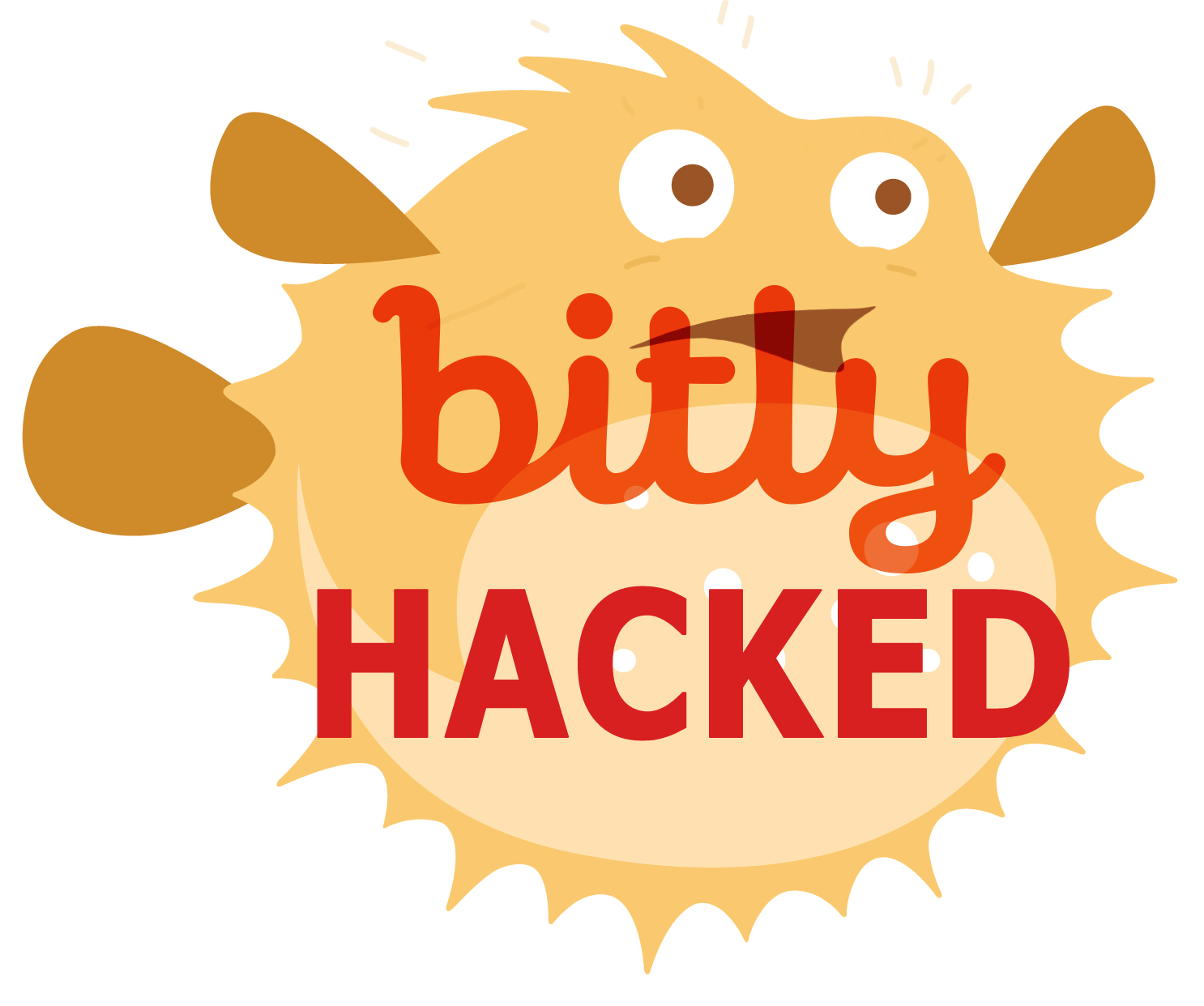74% of SMBs have been targeted by hackers
Your business is not too small to get hacked, trust me. We’ll get to that in a second though, first let me tell you a story. I used to have this friend named Jim. He had the same mindset. ‘Nothing’s going to happen to me.’ He did everything right. Crossed all his T’s, dotted every I. Successful at all levels of life. Beautiful wife. Good job. Then during his last week of work his spacecraft suffered critical power cell failures, started leaking oxygen and almost killed him.
Ok, so that’s actually the plot of Apollo 13, and as I reread it I’m not entirely sure how it relates to your website getting hacked except to say that anything can happen.
You may think nothing’s going to happen to you. That you and your small business fly beneath the radar and scope of hackers and cyber criminals. But the odds of Jim’s Service Module suffering a catastrophic energy failure were astronomically low, too.
…he never did get to walk on the moon…
Anyway, business owners who think their business isn’t at risk are misguided. The odds of a small or medium-sized business getting hacked are not small at all. In fact, according to a 2016 study by Symantec – the top security brand in the world – 74% of small and medium-sized businesses have been target by hackers and cyber criminals.
These Cyber Criminals Would Make John Dillinger Blush
A lot of people try to paint the internet like it’s the Wild West. That’s lazy and uninspired. Like the plot of a Hallmark Channel movie. Besides, it’s not nearly as lawless. No, the better comparison would be during the depression era when bank robbers and the FBI were constantly battling across the nation’s headlines.
To follow this metaphor to its absurd conclusion you should look at the MO of a lot of these bank robbers. Sure, you could knock off a big bank, but that took more planning, more resources. And the banks typically had security, the ability to investigate and possibly find the culprits, see? Sorry. (I didn’t mean to start writing in a James Cagney mobster voice right there.)
You see my point though, yes you can knock off a big bank but that could make things go sideways, fast. A lot of times it was easier to knock off a smaller bank in a rural county. It was a quicker job. Less security. Lower risk of getting caught. You could knock out several in a weekend without drawing much heat.
Sound familiar?
Don’t Let Your Business Become the Modern Equivalent of a Po-Dunk Bank
The fact of the matter is that small and medium-sized businesses make attractive targets to cyber criminals and hackers because they’re far less likely to have the resources to invest in good security.
Whereas large enterprise-level companies can afford to staff entire teams for cyber defense, a small or medium size business can’t.
Another advantage enterprise-level businesses have is that they’re far more likely to survive a cyber-attack. According to the National Cyber Security Alliance, 60% of the SMBs that suffer a cyber-attack go out of business within six months.
So, not only can you get hacked—it could also put you out of business.
It’s Time to Invest in Protection—And Not the Sopranos Type
You don’t wear a seat belt because you think you’re likely to get into an accident, you wear one because what COULD happen when you don’t is too serious to take any chances with. Hell, you even wear a seat belt on an airplane and there is NO WAY that’s going to help you in a crash—hey, at least they’ll know what seat to look for your corpse in.
The point is, even if you want to ignore the statistics and the likelihood you could be a target, the seatbelt logic still exists. What COULD happen if you aren’t staying current with security trends is your entire business could go up in flames. Remember, three out of five small and medium sized businesses that get attacked are out business within half a year.
Now, no one security product is a cure-all. You’re going to need to build a set of defenses to help you mitigate everything from eavesdropping to DDoS attacks.
An SSL certificate is a great place to start. It won’t solve all your problems, but it will protect your website’s sensitive data, encrypt all communication between your business and its customers and prevent anyone from tracking visitors on your site.
Some certificates even provide verified proof of identity, to help put your customers’ minds at ease. Adding SSL to your website is the perfect first step towards securing your business’ online interests.
And it’s never been more important. Granted, nowadays the robbers have names like “Fancy Bear” and “Guccifer” instead of “Machine Gun Kelly” and “Babyface” Nelson—but the stakes are the same: your livelihood.
So, don’t wait for one of these crooks to come waltzing through your bank lobby to think about security, see.
Stay cautious, my friends.







 (5 votes, average: 3.40 out of 5, rated)
(5 votes, average: 3.40 out of 5, rated)


